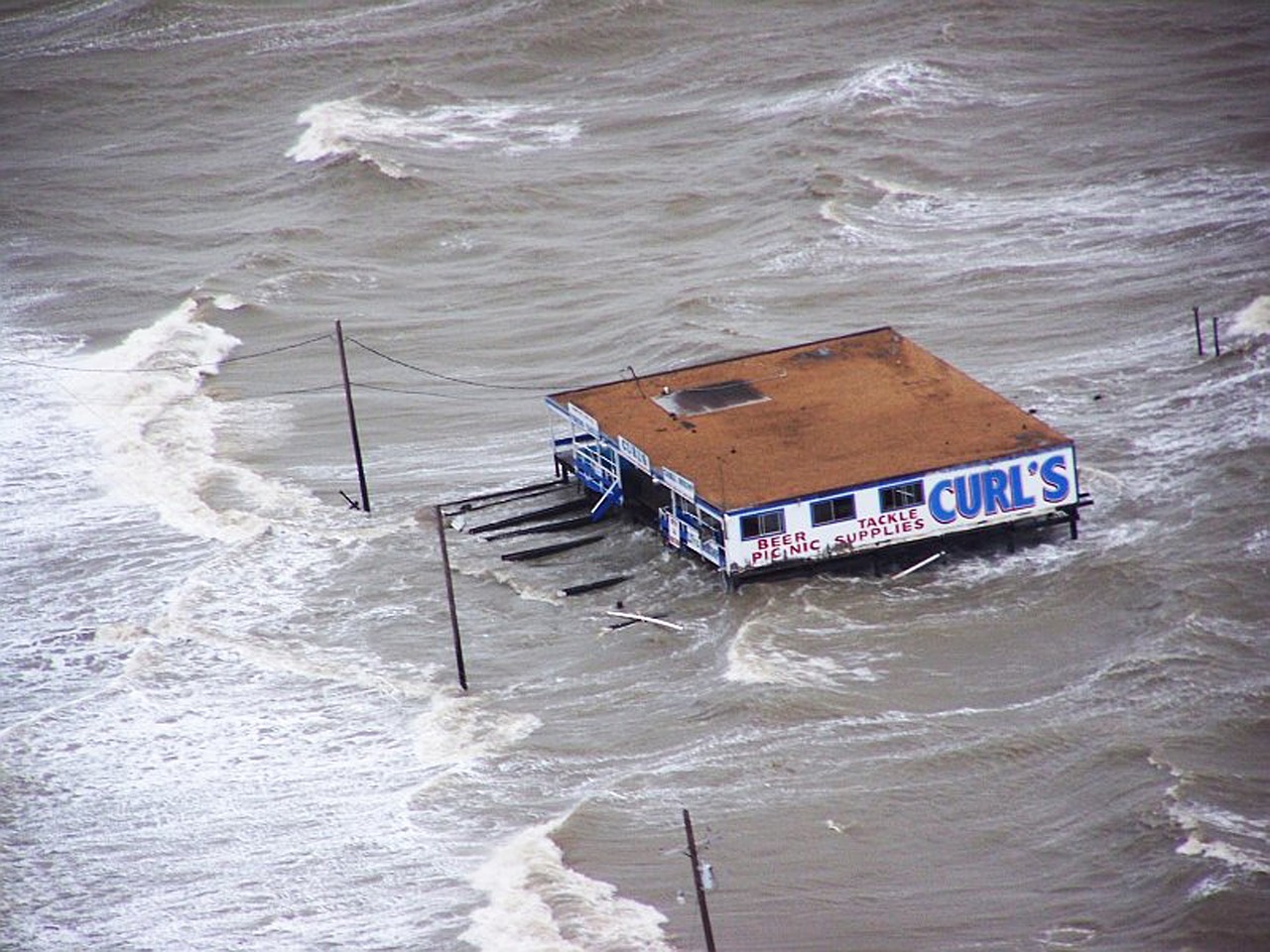By Sahr Ibrahim Komba
The National Disaster Management Agency (NDMA) has significantly improved disaster management across the country.
As a result of its multi-hazard early warning systems and community sensitization the country recorded zero death from flooding in 2024 across Sierra Leone.
The National Disaster Management Agency commemorated the international day for Disaster Risk Reduction with a theme: Empowering the next generation for a disaster resilient future.
In his statement, the Director General of NDMA Lt.Gen (Rtd) Brima Sesay said that the day is a remarkable day for risk reduction around the world, disclosing that the country has faced many disasters in the past.
He noted this narrative has changed and his agency and partners are working on disaster mitigation and recovery strategies, urging the public to promote global risk reduction around the world.
He added that stakeholders should use education as a tool for disaster mitigation strategy, highlighting that, children faced high risk of disaster.
He said that disasters have disrupted learning in districts across the country and called on stakeholders in different communities to educate and allow young people to take the lead in disaster risk reduction.
He reiterated his Agency’s commitment to tackling disasters by mobilizing the political will to develop strategic policies for disaster risk reduction in the country.
He continued that his agency has established four Regional Disaster Management Committees across the country.
He mentioned that NDMA has trained teachers on disaster risk reduction, thanking to the Ministry of Basic and Senior Education for incorporating disaster preparedness and climate resilience in school curriculum.
He emphasized the need to adopt school safety framework for 2024-2030.
He encouraged students to take proactive measures in protecting the environment, revealing that his agency has established chiefdom disaster management committees and these committees play significant role in risk reduction at chiefdom level.
In his statement, the student representative from Prince of Wales Sahr Sorgbor said that countries should not only commemorate disaster and risk reduction but to take concrete steps to address disaster issues around the world.
He made an urgent appeal on state actors and the international partners to develop policies that will mitigate disasters.
“Whenever disaster strikes, children suffer most”, he noted.
He revealed that disaster has led to the disruption of learning activities around, adding that if concrete actions are not taken; the world will continue to suffer from disasters.
The event reminded everyone about the unique role they play in risk reduction, he noted.
He thanked the Ministry of Basic Education for introducing Disaster Preparedness and Climate Resilience in school curriculum, adding that this will equip students with the skills they need to prepare for and overcome the challenges ahead of them.
He expressed gratitude to donor partners for providing resources for disaster risk reduction in schools and different communities across Sierra Leone.
He encouraged the public to embrace the power of knowledge and the strength of collaboration in risk reduction and disaster management.
The Chairman for Presidential Initiative Food Security Climate Change and Renewable Energy Dr. Kandeh Yumkella said that there is an urgent need to collectively mobilize resources for disaster risk reduction in the country.
He disclosed that climate change has affected every facet of life and he is working with stakeholders to provide renewable energy to rural communities.
He called on communities’ stakeholders not to allow people to construct homes on waterways.
He concluded that the government is committed to developing policies for disaster risk reduction.
The Minister of Social Welfare Melrose Karmity said that the theme of the event resonates with the government medium term framework. She continued that her Ministry has provided plethora of platforms for reintegration of vulnerable people in different communities after every disaster in the country.
She urged the public to collaborate in managing disasters and making good use of the early warning systems, encouraging citizens not to live in disaster prone areas.
The Deputy Minister of Basic and Senior Education Mrs. Emily Gorgra said that her Ministry has done a tremendous work in making sure that the school environment is safe for children to learn. She revealed that they have trained teachers across the country on how to mitigate disaster in their schools.
She disclosed that they include Disaster Preparedness and Climate Change Resilience into the curriculum.
She called on donor partners to support schools in hard-to-reach communities, noting schools in hard-to-reach neighbourhoods are often overwhelmed with disaster issues.

